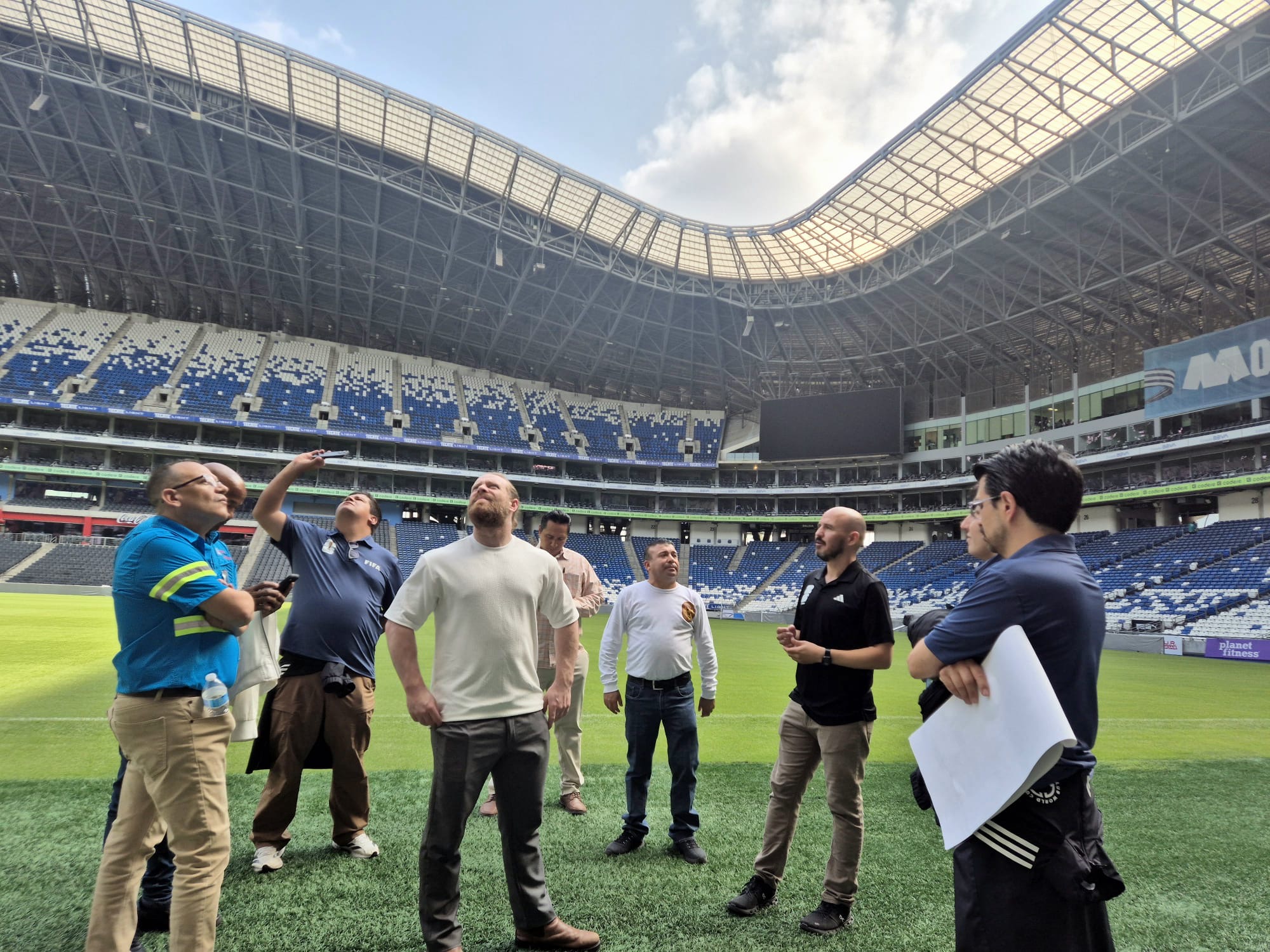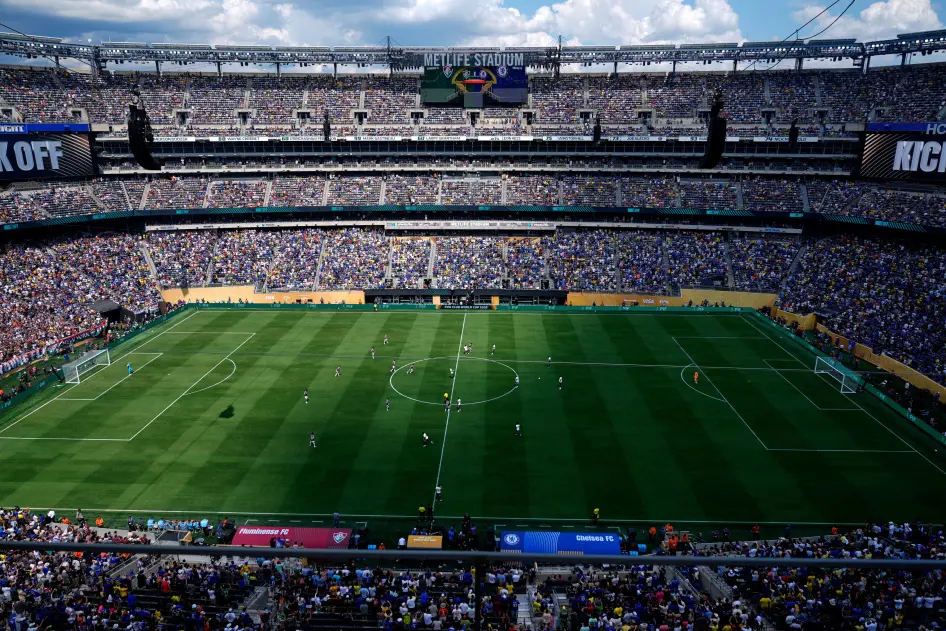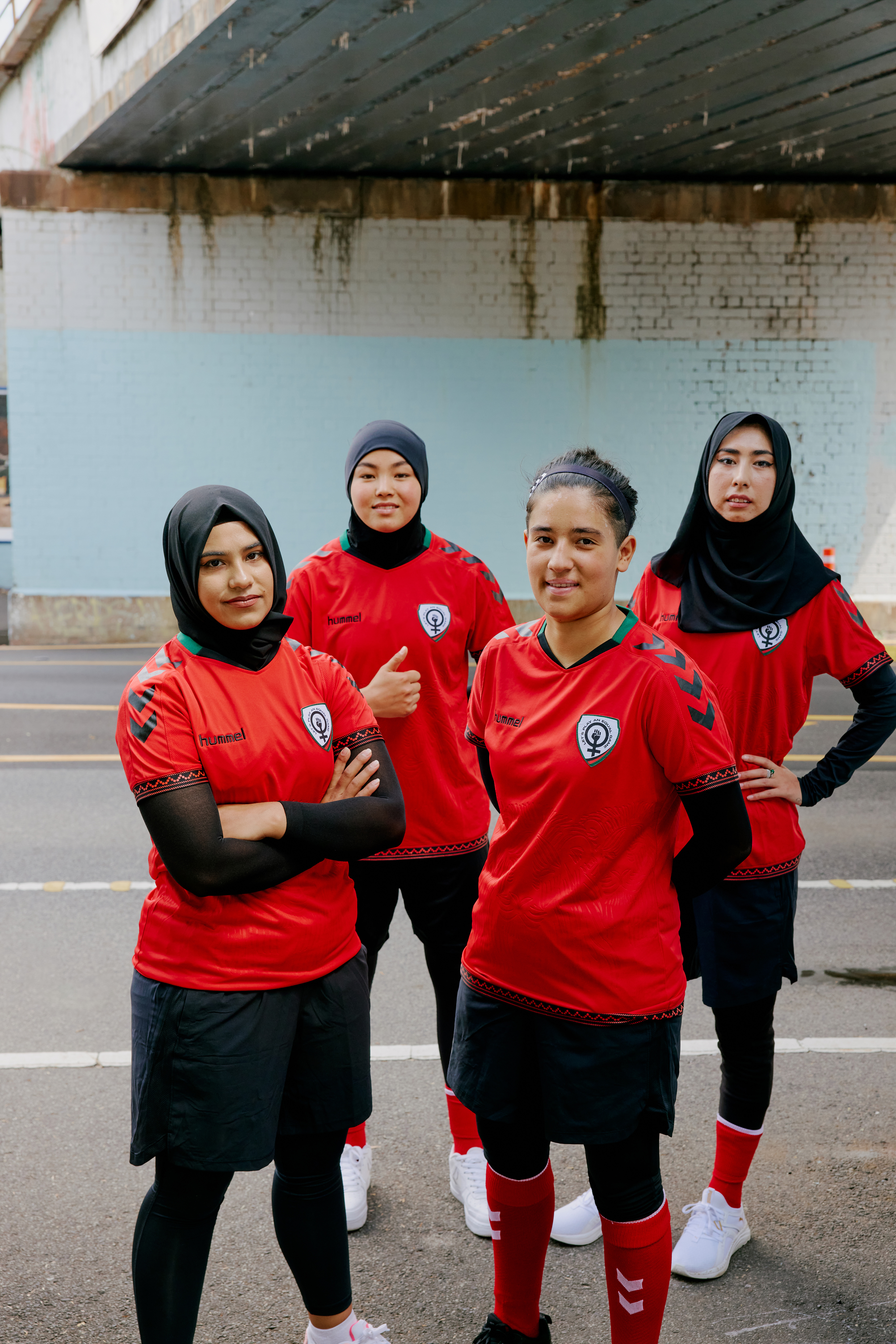With just one year to go until the 2022 FIFA World Cup, time is running out for Qatar to deliver on its promise to abolish the kafala sponsorship system and better protect migrant workers, Amnesty International said today. In Reality Check 2021, a new analysis of Qatar’s progress towards overhauling its labour system, the organization found that progress has stagnated over the last year and old abusive practices have resurfaced, reviving the worst elements of kafala and undermining some of the recent reforms.
The daily reality for many migrant workers in the country remains harsh, despite legal changes introduced since 2017.
Amid mounting scrutiny of Qatar’s human rights record as the World Cup approaches, Amnesty International is calling on the Qatari authorities to take urgent action to ramp up the reform process before it is too late.
The clock is ticking but it’s not too late to turn the ink on paper into real action. Now is the time for Qatari authorities to be bold and fully embrace their programme of labour reforms; any progress to date will be wasted if Qatar settles for weak implementation of policies and fails to hold abusers to account
Mark Dummett, Amnesty International’s Global Issues Programme Director
“The clock is ticking but it’s not too late to turn the ink on paper into real action. Now is the time for Qatari authorities to be bold and fully embrace their programme of labour reforms; any progress to date will be wasted if Qatar settles for weak implementation of policies and fails to hold abusers to account,” said Mark Dummett, Amnesty International’s Global Issues Programme Director.
“Apparent complacency by the authorities is leaving thousands of workers at continued risk of exploitation by unscrupulous employers, with many unable to change jobs and facing wage theft. They have little hope of remedy, compensation or justice. After the World Cup, the fate of the workers who remain in Qatar will be even more uncertain.”
By August 2020, Qatar had passed two laws to end restrictions on migrant workers leaving the country and changing jobs without their employer’s permission. If properly enforced these had the potential to strike at the heart of the kafala system, which continues to bind migrant workers to their employers, but workers told Amnesty International they still face significant hurdles in changing jobs and pushback from disgruntled bosses.
Jacob (not his real name), a migrant worker who has been in Qatar for more than five years, said: “Change came on paper but [not] on the ground…When you go inside the company and among the workers [you see that] only a very small change has happened. It is still appalling.”
Workers still tied to jobs they want to leave
Qatar has made a number of positive reforms to benefit migrant workers since 2017. These include a law regulating working hours for live-in domestic workers, labour tribunals to facilitate access to justice, a fund to support payment of unpaid wages, and a minimum wage. It has also ratified two key international human rights treaties, albeit without recognizing the right of migrant workers to join a trade union.
But a failure to implement means exploitation continues.
For example, although Qatar has repealed the requirement to obtain an exit permit and No-Objection Certificate (NOC) for most migrant workers, allowing them to leave the country and move jobs without seeking their sponsors’ consent, a de facto NOC process has emerged and problematic elements of kafala remain in place. This includes the ability of abusive employers to block migrant workers’ job transfer and control their legal status.
Aisha, who works in the hospitality sector, described being threatened by her employer when she refused to sign a new contract with him and requested to change employers instead. She was told she had to pay 6,000 QR (US$1,650) – more than five times her monthly salary – for an NOC, or else be sent home. Although the change in law should have allowed Aisha to change jobs freely, the complaint she submitted to the Ministry of Administrative Development, Labour and Social Affairs (MADLSA) was rejected.
“The whole situation had a big impact on me but also on my family because as a main breadwinner it is not easy to handle this situation. Sometimes I feel I do not want to wake up in the morning,” Aisha told Amnesty International.
While the NOC has been abolished in law, organizations supporting migrant workers and embassies in Doha noticed that the failure to include one or another form of written approval from the current employer appears to increase the chance of a job transfer request being rejected. This in turn has given rise to an “NOC trade” which has become a lucrative business for some abusive employers.
Other abusive practices include withholding salaries and benefits to make it harder for workers to leave their jobs. Migrant workers are also still dependent on their employers to enter and stay in Qatar, giving rise to the use of ‘absconding’ charges and cancellation of resident permits which abusive employers use to control their workforce.
Exploitation on a massive scale continues
In its analysis, Amnesty International also found that late payment and non-payment of wages and other contractual benefits remain some of the most common forms of labour abuse facing migrant workers in Qatar. Yet their access to justice remains scarce and workers are still prohibited from organizing themselves to collectively fight for their rights.
In August 2021, Amnesty International documented the Qatari authorities’ failure to investigate the deaths of thousands of migrant workers despite evidence of links between premature deaths and unsafe working conditions . Despite introducing some new protections for workers, major risks remain – for example, the new regulations do not include mandatory rest periods proportionate to the climate or kind of work undertaken – and authorities have done little to investigate the scale of unexplained deaths.
Qatar is one of the richest countries in the world, but its economy depends on the two million migrant workers who live there. Each of them has a right to be treated fairly at work, and to obtain justice and compensation when they face abuses
Mark Dummett
“Qatar is one of the richest countries in the world, but its economy depends on the two million migrant workers who live there. Each of them has a right to be treated fairly at work, and to obtain justice and compensation when they face abuses,” said Mark Dummett.
“By sending a clear signal that labour abuses will not be tolerated, penalizing employers who break laws and protecting workers’ rights, Qatar can give us a tournament that we can all celebrate. But this is yet to be achieved.”
Amnesty International is also calling on the World Cup organizer, FIFA, to live up to its responsibilities to identify, prevent, mitigate and remedy human rights risks connected to the tournament. This includes risks to workers in industries like hospitality and transport, which are expanding massively to facilitate the delivery of the games. It also needs to use its voice, both publicly and privately, to call on the Qatar government to fulfil its programme of labour reforms before the opening match of the World Cup.






